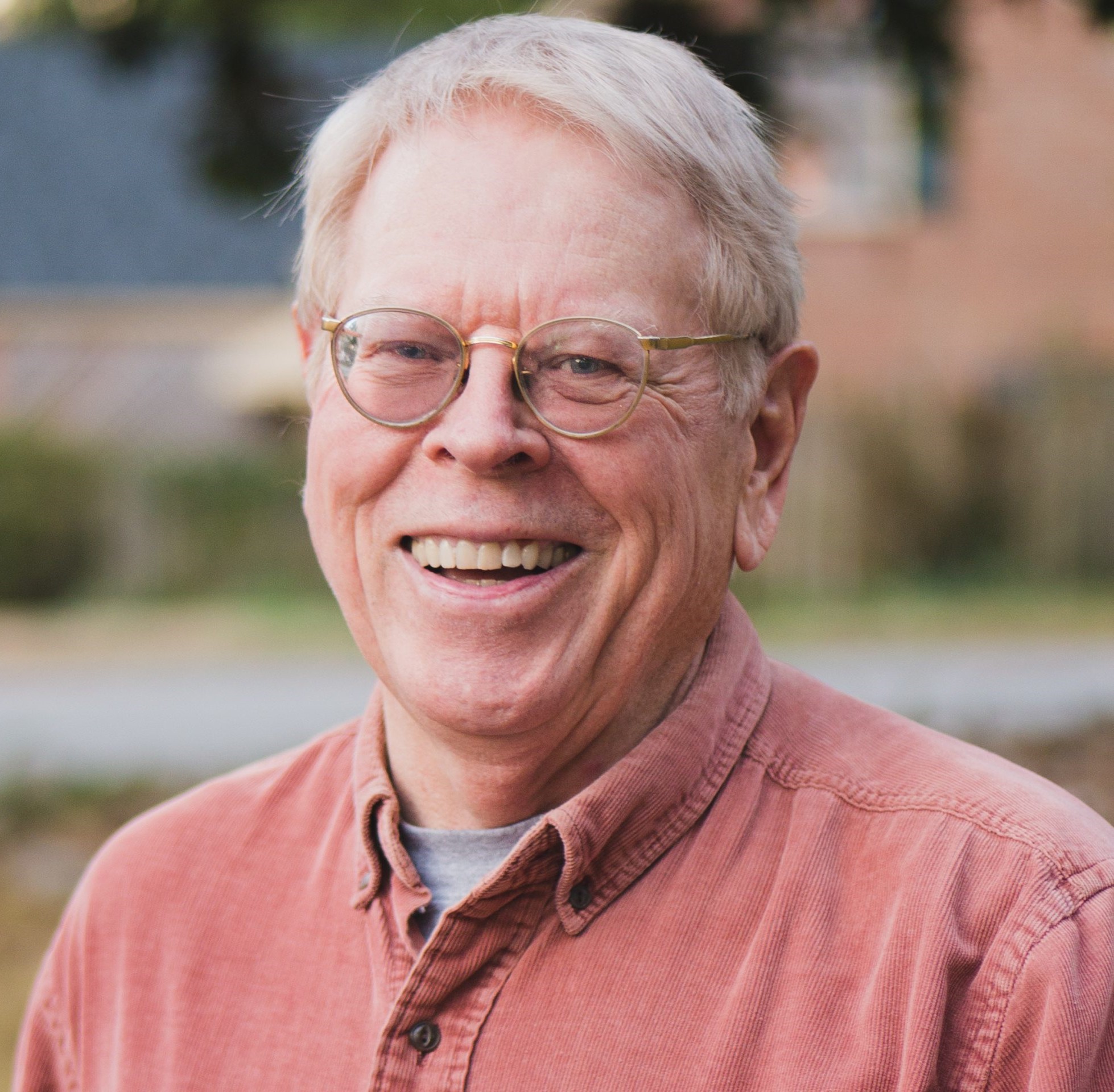
Incoming President, Critical Urban Anthropology Association (2023-2024)
Professor Emeritus
Sociocultural Anthropologist
dnonini@email.unc.edu
919-672-5909
Alumni Building 301
Website
Research Interests
Class, racial, and gender inequalities in Malaysia and the United States; critical urban anthropology; the anthropology of the state; political ecology, critical food studies; Chinese in Southeast Asia; the southern U.S.; China.
Research Background
Fieldwork and Historical Research: Penang state, West Malaysia, 1978-1980, 1985 and summers 1990-1992, 1997, 2002, 2007; Australia, 2000, 2003; Netherlands, 2016; North Carolina, U.S., 1997-2006, 2009-2023.
Throughout my career, I have examined the various forms of power that structure and harm the lives of vulnerable people and ecosystems in the cities of the modern world. Class exploitation, racialized expropriation and gender oppression are forms of intertwined power exercised by contemporary capitalism and contemporary nation-states associated with environmental destruction. In my previous research and publications, I have examined these forms of power and the arenas in which they operate as they apply to ethnic Chinese in Southeast Asia, and to whites, African Americans and other people of color in the United States and in western Europe. (see Vitae.) I am particularly interested in the social movements and activism through which those most affected by capitalist and racial domination have sought to not only resist it, but also to bring about new material (on-the-ground) realities of flourishing.
My current research program has two foci as part of this commitment. First, my new book, co-authored with the late Dorothy Holland, Food Activism Today: Sustainability, Climate Change and Social Justice (New York University Press) is currently in press. In it, we examine local food activism around food insecurity and sustainable farming in four different locales in North Carolina (Charlotte, Durham, Edgecombe county, and Watauga/Ashe counties). We found that local food activists we consulted faced a key predicament: poor people and people of color were often food insecure and could not afford to buy or eat the fresh and nutritious foods that local farmers grew and sold at farmers markets – yet many farmers could not make an adequate living from their farming. We found only a few exceptional activists able to “solve” this predicament. We discovered how they managed to do so, as well as examined its causes in the U.S.-based racialized corporate and state order.
The theme of our new book matters greatly given climate change, because the corporatized, state-supported agro-industrial system is highly dependent on fossil fuels, and emits about one-fourth of all greenhouse gases (IPCC 2019, p. 13). To mitigate climate change, it is urgent that local agroecological and related alternatives to the industrial food economy be adopted, yet their food must also be affordable to the world’s poor majority. The local activists whose practices we explore in this book have found ways to provide sustainably grown food to poor people that could be scalable in creating a more just and food-secure world currently riven by climate, economic, political and social crises.
The research in Food Activism Today has prepared me for the second focus of my research agenda. A systematic review of my past research on the Chinese diaspora in Southeast Asia (Ong and Nonini 1997; Nonini 2015), of local politics in the U.S. South, and of my latest research on food activism in the U.S, has convinced me of the close connections between racial capitalism and the racializing nation-state manifested in the governance of vulnerable people and spaces in each of these settings in ways that create massive suffering and ecological destruction. If, for example, racialized capitalism tied to racializing nation-states produces similar patterns of predation against working-class Chinese in Malaysia and against poor people and African Americans in the United States, these comparative patterns are worthy of explanation and critique so that other, more sustainable and just ways of life can emerge.
I am particularly excited by the potential of global cities as specific places where radical experiments in commoning, ecological restoration and democratic practice can flourish despite racial capitalism and racialized nation-states in an era of climate change. I expect that the major theoretical rethinking required will result in an accessibly written book grounded in the ethnographies and histories of the two regions of the world I have specialized in studying – urban Southeast Asia and the urban Southern U.S.
Education
Reed College, B.A., Philosophy, 1968; M.A., Anthropology, San Francisco State University, 1972; Ph.D., Anthropology, Stanford University, 1983.
